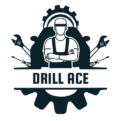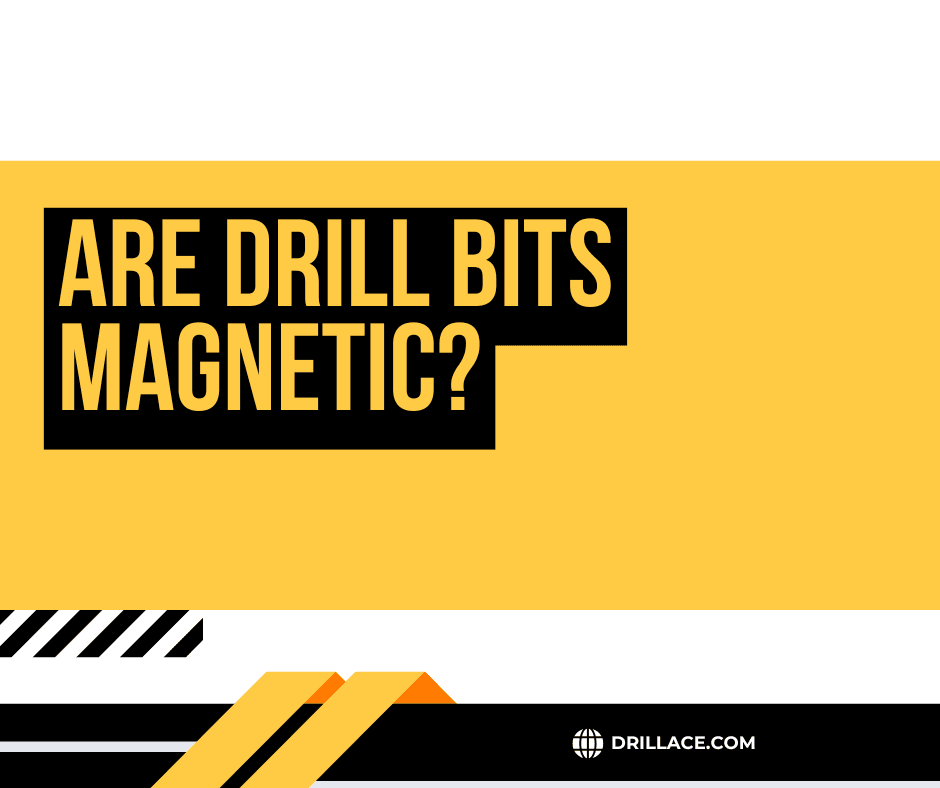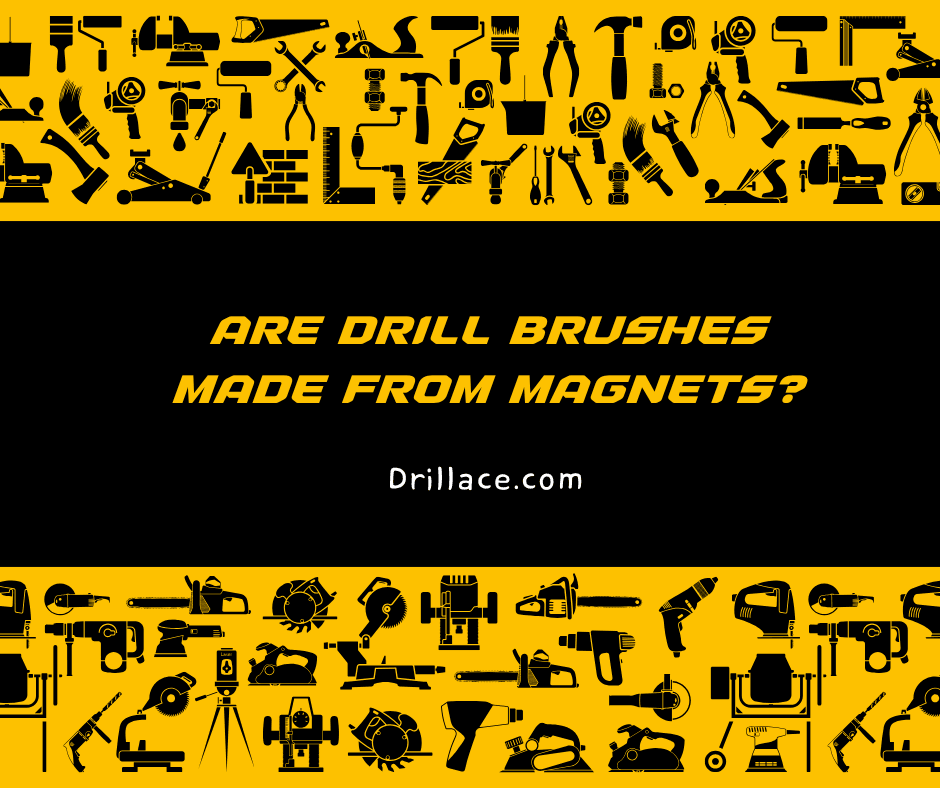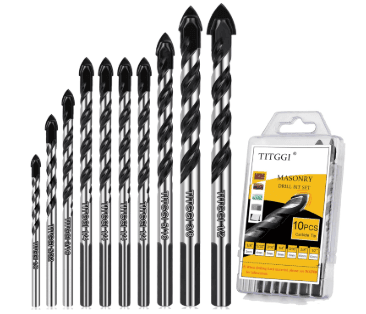Short Answer – DeWalt vs Milwaukee Hammer Drill: Both DeWalt and Milwaukee produce high-quality hammer drills, but they appeal to slightly different needs. DeWalt is known for its broad lineup, durability, and versatility, while Milwaukee focuses on compact design, high torque, and advanced brushless technology. If you need raw compact power and high performance, Milwaukee is ideal. If you prefer a versatile workhorse with user-friendly controls and a wide range of options, DeWalt is a reliable choice.
Why Compare These Two Brands?
Hammer drills are essential tools for anyone working with masonry, concrete, wood, or metal. Choosing the right one affects your efficiency, precision, and even comfort during long jobs. Both DeWalt and Milwaukee are trusted by professionals and DIY enthusiasts, but understanding their differences in power, ergonomics, and usability helps you make the best choice for your projects.
The comparison also helps clarify which brand aligns with your daily tasks, whether it’s drilling anchor holes in concrete, driving fasteners, or general home improvement.
Build Quality and Durability
DeWalt and Milwaukee are both engineered for durability, so you can expect strong housings, quality gears, and long-lasting motors. DeWalt hammer drills often feature all-metal transmissions, three-speed settings, and brushless motors designed to manage heat efficiently. These features make them reliable for extended use across a range of tasks.
Milwaukee drills, particularly their M18 FUEL lineup, emphasize high torque in a compact design. They use advanced brushless motors and are built to deliver more power in a smaller package, which makes them easier to handle in tight spaces. This combination of torque and compactness is ideal for professionals who need high performance in challenging environments.
Both brands can withstand long hours of work, but the choice comes down to your priority: DeWalt’s balance and comfort or Milwaukee’s raw, concentrated power.
Performance and Drilling Power
When evaluating hammer drills, torque, RPM, and impact performance are key. DeWalt drills are versatile, with multiple speed settings that allow you to switch from wood or metal drilling to masonry tasks smoothly. This makes them suitable for a wide variety of jobs, from framing to installing anchors.
Milwaukee’s M18 FUEL drills are marketed for delivering maximum torque and high RPM, which results in faster drilling and less stalling under load. This is especially useful for heavy masonry work or when drilling through reinforced concrete.
For mixed-use tasks, wood, metal, and occasional masonry, DeWalt provides a balanced, controlled performance. For intensive concrete drilling, Milwaukee’s higher torque can save time and reduce bit wear.
Ergonomics and Handling
Comfort is critical in a hammer drill because you may be using it for extended periods. DeWalt emphasizes balanced weight distribution, soft-grip surfaces, and three-speed controls. This reduces fatigue and allows for precise control when switching between driving screws and hammer drilling.
Milwaukee focuses on compactness and lighter overall weight for the power they deliver. This makes them easier to use in tight spaces or overhead, although high torque in a smaller drill can feel snappier under load. Side handles and vibration control are important features that help maintain stability and comfort during extended use.
Ultimately, ergonomics is personal: if you work mostly overhead or in tight areas, Milwaukee’s compact design might be preferable. If you prioritize a comfortable grip for long sessions, DeWalt often feels better in hand.
Battery Systems and Power Options
Cordless hammer drills are common for mobility, while corded drills are useful for extended, uninterrupted work. DeWalt’s 20V MAX / 18V XR lineup is widespread and offers compatibility with many tools. Milwaukee’s M18 battery system is also extensive, known for providing high power output across their lineup.
Corded DeWalt hammer drills remain popular for professional use when constant torque is required. They are dependable and robust, making them ideal for repetitive drilling tasks or projects without access to batteries.
For cordless drills, brushless motors paired with high-capacity batteries extend runtime and efficiency. If mobility is a priority, choose cordless. For large-scale concrete projects, corded may be the better option.
Applications and Use Cases
Both brands are versatile, but each has strengths in specific applications.
- DeWalt: Great for general contractors, remodelers, and serious DIYers. Their drills are suitable for wood, metal, and occasional masonry. Adjustable speed settings and ergonomic design make them well-rounded tools for mixed tasks.
- Milwaukee: Ideal for professionals who frequently drill into concrete or need compact, high-torque tools for tight spaces. Their performance excels in masonry and demanding jobs where speed and power are critical.
Both brands handle wood, metal, and masonry well, but your choice should match your primary task types and work environment.
dewalt vs milwaukee pros and cons
DeWalt Pros
- Durable construction and metal gear housings
- Wide range of models for different applications
- Comfortable ergonomics for long sessions
- Multi-speed and clutch options for versatile drilling
DeWalt Cons
- Slightly larger and heavier than compact Milwaukee models
- Cordless models may not match peak torque of Milwaukee
Milwaukee Pros
- High torque in compact, portable designs
- Advanced brushless motors for efficiency and runtime
- Ideal for heavy-duty masonry in tight spaces
Milwaukee Cons
- Can feel snappier under load due to high torque
- Higher price point for comparable models
- Initial investment in the M18 battery system can be costly
Buying Guide: DeWalt vs Milwaukee Hammer Drill
What to Check When Choosing a Hammer Drill
Before comparing brands, keep these general criteria in mind, they apply whether you pick DeWalt or Milwaukee:
- Power & torque: to drill through masonry, concrete, metal, or dense wood.
- Speed / hammer-rate / impact rate: how fast and hard the drill hammers per minute, important for masonry/concrete work.
- Motor type (brushless vs brushed): brushless motors mean better efficiency, longer runtime, less maintenance.
- Battery system, runtime, and compatibility (if cordless): battery life, charging time, and whether the battery works across tools in the same brand ecosystem.
- Ergonomics & weight: heavier drills may feel more stable but tire you out; lighter drills are easier for overhead work or tight spaces.
- Features & controls: multi-speed gears, adjustable clutch, LED work light, good chuck, handle comfort, accessories.
- Durability, build quality & maintenance: ability to survive heavy use, dust, job-site wear, and reliable after years.
- Use-case: what materials and tasks you’ll do, and how often.
With that baseline, let’s see how DeWalt and Milwaukee stack up.
DeWalt vs Milwaukee: Key Strengths & Trade-Offs
DeWalt Hammer Drill: What It’s Good At
- Versatility & balanced performance: DeWalt drills tend to be more all-around, good for wood, metal, masonry, and general home/garage tasks.
- Speed & hammer-drill efficiency: Some DeWalt drills have especially high hammer-mode speed / impact rates, useful when drilling into concrete or brick.
- User comfort & ergonomics: DeWalt tends to have balanced, comfortable grips, and generally lighter or well-balanced builds, which helps if you’re using the tool for long periods or overhead.
- Battery / platform flexibility (for cordless): DeWalt’s battery systems often offer broad compatibility across their tool lineup (depending on the series), a big plus if you own or plan to own multiple tools.
Best For: General-purpose use, DIY projects, mixed tasks (wood, metal, masonry), long durations of work where comfort matters, overhead or lighter-duty jobs.
Milwaukee Hammer Drill: Where It Often Wins
- Raw power & heavy-duty performance: Milwaukee hammer drills tend to deliver stronger muscle, often better for heavy masonry, concrete, dense materials, or prolonged tough jobs.
- Ruggedness & build quality: Many users say Milwaukee tools feel overbuilt, more robust chucks, reinforced housing, all-metal gear cases, which can make them more durable over time under harsh conditions.
- Stability under load: With stronger torque and stable output under heavy load, Milwaukee is often preferred on demanding job-site tasks.
- Consistency and reliability across tougher use: For pros or regular heavy usage, Milwaukee’s tendency to deliver consistent power and withstand wear is a major advantage.
Best For: Professional work, heavy-duty masonry or concrete drilling, construction sites, frequent intense jobs where durability and power are priorities.
FAQs: DeWalt vs. Milwaukee Hammer Drill (2026)
1. Which hammer drill brand is better for general use, DeWalt or Milwaukee?
DeWalt is often better for general, everyday tasks because it balances power, comfort, and versatility. It handles wood, metal, and light masonry well, making it ideal for DIYers and home projects. Milwaukee is better suited for heavy-duty or professional tasks, offering more torque and durability for tough materials like concrete and brick.
2. How do DeWalt and Milwaukee compare in drilling power?
Milwaukee typically delivers higher torque and stronger hammering action, which makes it more efficient on dense materials. DeWalt drills provide smoother, controlled performance, allowing for precise drilling across a variety of materials without sacrificing versatility.
3. Which brand offers better battery performance?
Both brands use brushless motors and lithium-ion batteries. Milwaukee batteries perform better under heavy, continuous loads, while DeWalt batteries provide reliable runtime for mixed-use tasks. Keep in mind that DeWalt and Milwaukee batteries are not interchangeable.
4. Which drill is more comfortable to use?
DeWalt drills are usually lighter and better balanced, which reduces fatigue during long sessions or overhead work. Milwaukee drills tend to be heavier but offer stability and control during demanding jobs, which can be an advantage when precision under force is required.
5. Which hammer drill is more durable?
Milwaukee is often more rugged, with metal gear cases and reinforced components built for professional job sites. DeWalt is still durable but emphasizes versatility and user comfort, which may make it slightly less robust for extremely heavy-duty applications.
6. Which hammer drill is best for DIYers versus professionals?
DeWalt is generally preferred by DIYers and homeowners because of its ease of use, balanced performance, and versatility. Milwaukee is better for professionals or frequent heavy users who need maximum power, durability, and consistent performance under tough conditions.
7. Which brand offers better value for money?
DeWalt typically provides better value for general users because it combines price, comfort, and versatility. Milwaukee is more expensive but worth the investment if you require heavy-duty performance, reliability, and long-term durability on demanding jobs.
Final Verdict
Both DeWalt and Milwaukee make professional-grade hammer drills. Choose Milwaukee if you need maximum torque in a compact cordless package for heavy masonry and confined areas. Choose DeWalt if you want a versatile, comfortable drill that performs well across wood, metal, and occasional masonry, and fits into a broad battery ecosystem.
Both brands deliver long-lasting performance and excellent reliability, so your best decision comes down to your typical work environment, task types, and preference for comfort versus compact high torque.




